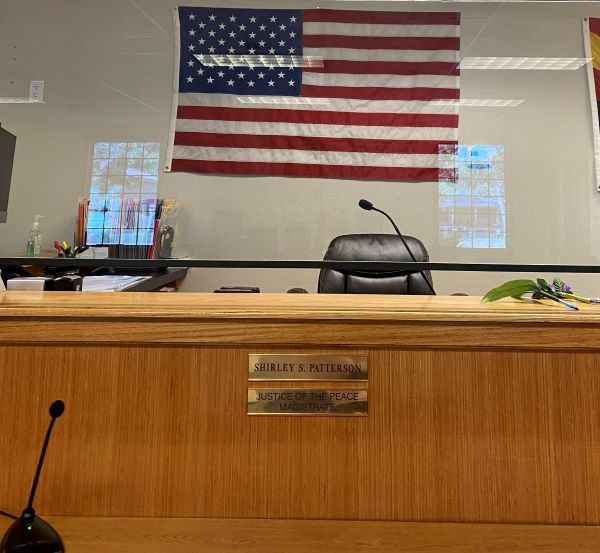Diversion / Teen Court
Teen Court is part of the Navajo County Diversion Program, a restorative justice program designed to steer away from imposing punishment on the defendant. The Diversion Program seeks to increase the defendant's awareness of the consequences and effects of their actions; assign consequences to ensure the defendant is not a repeat offender, and restore what was taken from the victim as well as the community.
Teen Court is important to our community because most teen defendants who appear in Teen Court are good kids who have made poor choices. For a defendant to be eligible to participate in the program they must have committed a lesser offense, admit to the crime and volunteer to have their case heard by a peer jury. Above all else, they must tell the truth. In exchange for their cooperation and truth, they are given another opportunity not to be adjudicated for the crime.
The experience works because cases are heard by a jury of their peers. Teens are much more likely to ask and have answered the tough questions as to why a crime was committed. All of the teen volunteers are trained in how to participate in the court hearing so that sufficient information is gathered to render a decision and assign appropriate consequences.
Referral for the violation into Teen Court can come from the school administration or SROs. The Teen Court does not determine guilt because admission of responsibility is one of the criteria for a Teen Court referral. Teen Court hears the matter, determines an appropriate and constructive consequence using established guidelines and a process called restorative justice. Hearings take place in a courtroom with a Judge, SROs and the defendant's peer jury. There are two groups of students influenced by Teen Court: the juvenile offenders and students who participate in Teen Court club through their school. For the offender, they get a second chance and potentially a clean record. For the teen volunteers, their positive behavior is reinforced through participation in Teen Court.
Teen Court hears real juvenile cases with offenses such as possession of alcohol or tobacco, trespassing, curfew, and theft.
Volunteers (peer jury) listen to testimony and deliberate like an adult jury and decide what consequences a defendant should receive.
Consequences may include letters of apology, jury service, essays, and community service.

